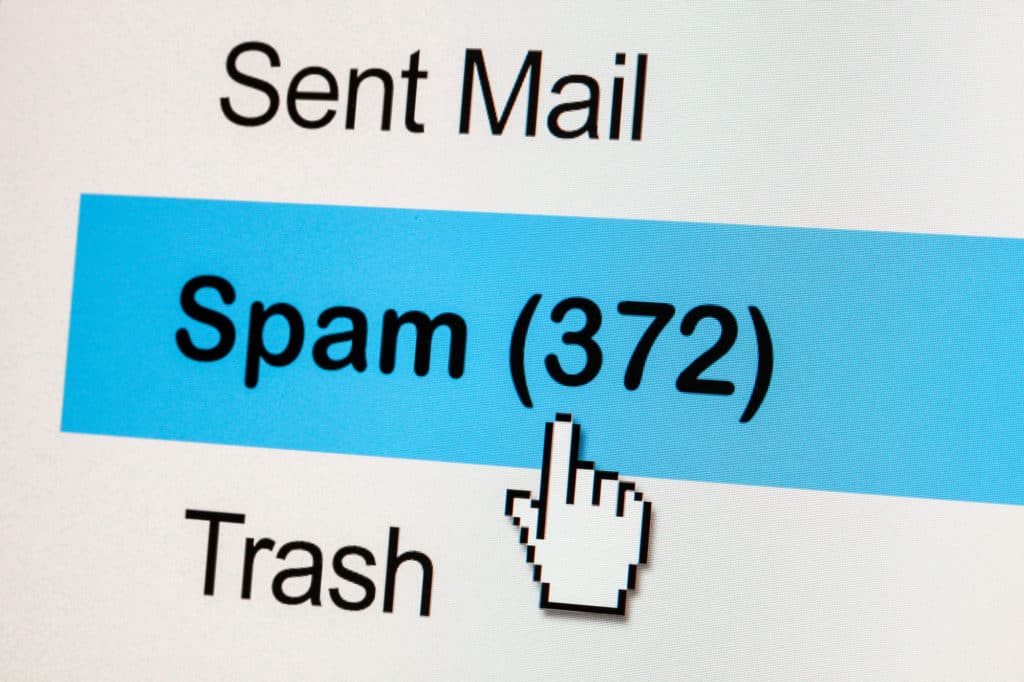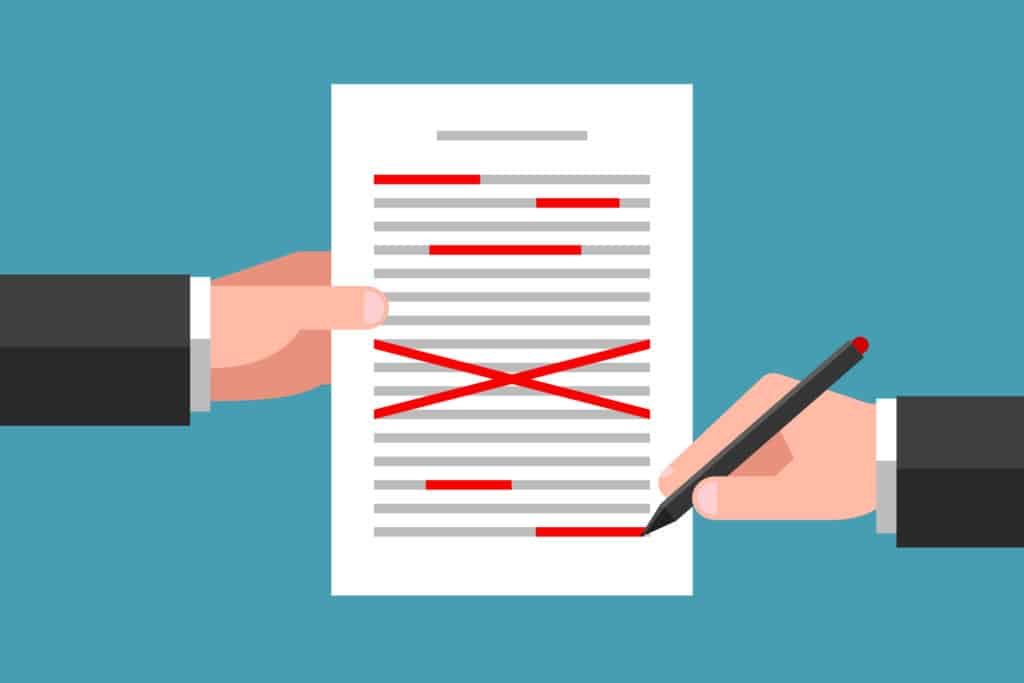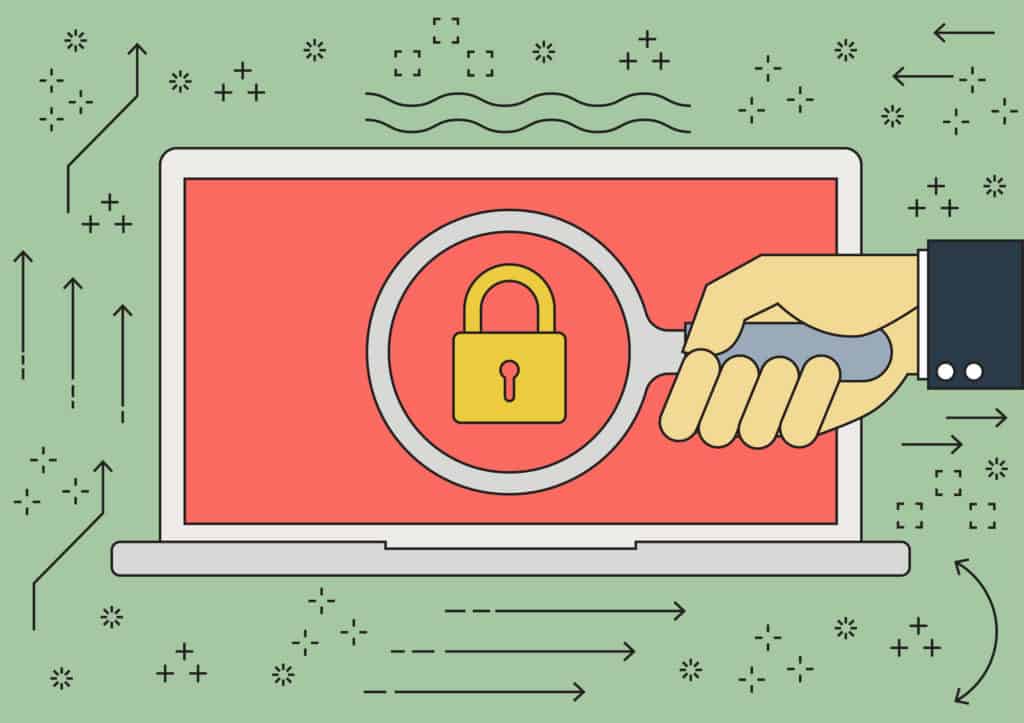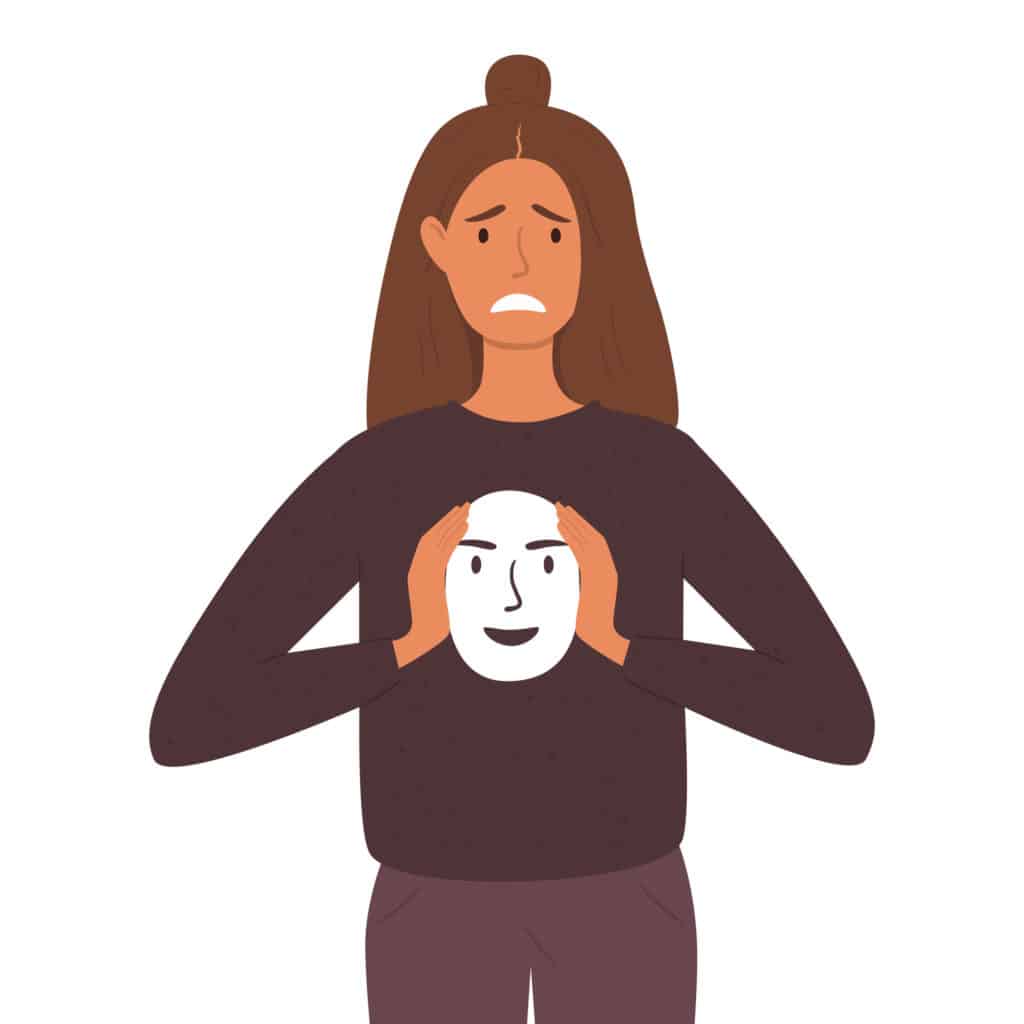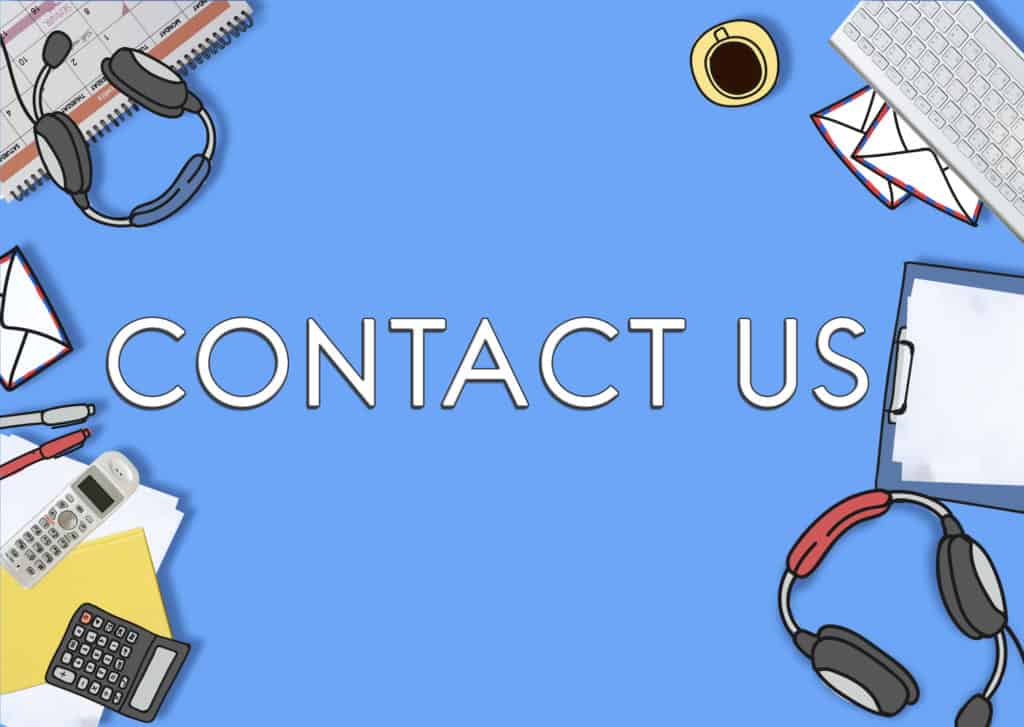Are you new to the internet or just have no idea what any of this web lingo means?
IMO if you’re confusing your lols, brbs and gtgs you might be getting yourself into trouble.
The hyper-connectivity of the web leads you to having contact with people from all over the world that you normally would never engage with.
In the real world you would be courteous when talking with a stranger (we hope anyone would be.) But, online things can change, that’s why it’s important to learn web etiquette.
Web etiquette isn’t something that’s taught, and it’s something that everyone should take more care to use.
From keyboard warriors to internet trolls, people can feel a sense of freedom from behind a screen.
Commenting, posting and direct messaging things that you wouldn’t usually say in the real world is easily done behind a laptop, phone, watch, tablet, even through your wifi-enabled fridge!
A lot of people don’t think the law applies online, like a lawless virtual frontier, but that’s far from the truth and your online actions can have real life consequences.
Follow along with this blog to find out how you can stay in the right lane when using the web.
More Blogs From DRPT
Google Doesn’t Care About Your Personal Life
Stop Wasting Time Writing Blogs That Don’t Rank
How To Deal With 1-Star Reviews
Think About The Person Behind The Screen
Remember that you’re not talking to Wall-e or the terminator on the other side of that virtual comment, it’s another human being.
While browsing the world wide web it can be easy to forget the place is full with other people doing the exact same thing.
Keeping in mind that every account that you encounter is controlled by a human is a good mentality to have even if it looks like spam. (except of course if there’s a stranded prince looking for some start-up money promising to double your investment – STAY CLEAR)
Picture this, someone has posted on Facebook describing your town or favourite bar as a dung pile that a particularly filthy pig wouldn’t even roll in.
STOP, before you reply with a comment about how their grandma smells like a 100 dead skunks in a hurricane, think about who is behind the post.
The very wrong person who wrote the post about your town/bar might’ve had the worst day of his life and you’re just about to double down and insult his smelly grandma.
In this situation, ask yourself: What am I gaining from posting this? Is it worthwhile saying? Will there be a positive conclusion?
These steps can save you from an unnecessary virtual showdown of increasingly cruel insults, with no winners in the end.
Making the virtual world a kinder place one post at a time…
Avoid Spam
Spam-like posts are a surefire way for sending your site hurtling down in search ranking results.
Useless social media or blog content is bad web etiquette and will be penalised by our glorious search engine overlords.
Spam isn’t just the bane of search engine filters, it’s also incredibly annoying to scroll through.
Think about how many times when scrolling through social media or the internet in general you’ve seen unnecessary or repetitive posts. That’s spam, and no one enjoys spam.
On top of web etiquette, the E-T-A (or Expertise, Authoritativeness, Trustworthiness) of your site is also at stake if you’re posting spam to your site.
The quality of your site relies on the authority of your content, how credible it is, as well as the authenticity of the backlinks used in your content.
When posting online, make sure that you’re using the proper etiquette, and spam is never the way to go.
Spelling, Grammar And Everything In Between
Using bad spelling and grammar can appear spam-like which damages your site’s reputation and the perceived E-T-A of your site.
Spelling might seem like a self explanatory facet of web content, but it’s not always accurate and we’re aiming to fight bad spelling one word at a time.
Poor spelling reduces the credibility of your site and there’s no excuse for constant misspellings in your posts and content.
Grammar is another important aspect of blog writing, not only can it reduce your ranking it can also reduce your brand’s credibility.
Most people will disengage with content if it’s poorly written or filled with grammatical errors. This means you won’t be getting the organic traffic that you’ve been working towards.
Using web etiquette while posting on social media means not allowing posts from your business accounts to be produced with glaring spelling or grammar errors.
Again, these posts represent your brand and major errors will only damage the reputation that you’re trying to build.
Respecting Privacy
As avid users of the internet, everyone should be aware of each other’s privacy.
Hiding your location via a VPN can be a great way to ensure your own privacy, but what about other people online?
Netiquette means caring for yourself but also looking out for others as well.
We don’t expect you to be constantly panicking about everyone else’s virtual security, however there are a few important steps that you can take to limit any potential danger.
First of all, always avoid doxxing people on public forums or places accessible to the general virtual public.
You might be asking yourself, what is doxxing?
Doxxing means to publicly publish private information about an individual online, usually this is done maliciously.
Document tracing, or doxxing is extremely bad web etiquette and is even illegal in many countries, like the United Kingdom for example.
Sharing private information like physical and virtual IP addresses, phone numbers, dates of birth and any other personal identifying information in a public online place is considered as doxxing.
Stay vigilant, keep up with your web etiquette and make sure that any information that you share online isn’t going to negatively impact someone else.
The One “Real Rule” For Web Etiquette
If you spend a lot of time online it can start to seem like your comments and actions aren’t having a real world impact. This is far from the truth.
For this reason we’ve made the rule of the real: If you wouldn’t say or do it in the real world, then don’t do it in the virtual world.
Frequent cursing, name-calling and verbal abuse are all against good netiquette and you should avoid doing this, no matter how tempting arguing with Karen aged 56 on Facebook may seem.
Keep in mind, if you wouldn’t say it in real life, then you shouldn’t be saying it online.
Aside from being bad etiquette, abusive comments and name calling on social media platforms or forums will most likely lead to these being removed from the page.
This doesn’t go without serious consequences, you will most likely be removed from the group or forum, this can be either a temporary or permanent ban.In serious cases you can even be removed from the social media platform altogether!
Comments written in all caps are perceived as “shouting comments” and are considered bad netiquette, either keep your comments appropriately capitalised or all in lowercase.
A huge 1 in 3 comments are rejected by moderators for a whole variety of reasons, so remember to keep it real while you’re online.
Fact Checking
The world is awry with fake news, and the only way to stop it is by fact checking.
Stopping fake news stats with the individuals who share it, so unfortunately that means we’re all responsible for stopping it.
It really is a virtual epidemic with Facebook users engaging with millions of pieces of fake news a month.
Fake news includes any information that is misleading, spam or just incorrect altogether. It may seem like a small issue but it’s definitely not.
Sharing fake news is frustrating for users and means real news can be lost in the noise.
False information that is defamatory can be extremely detrimental to the individual or the group of people it’s about.
Click-bait news headlines are made with one intention – to be shared.
Before sharing the news article or information, make sure to ask yourself these few questions:
- Is it coming from a credible source?
- What is the intention of the piece?
- Is it defamatory?
- Can it be backed up and supported by another source?
- Has it been independently fact checked by a site like Full Fact?
Once you’ve thought about all of these questions then you should feel safe to share the information.
Disinformation and fake news is a scourge that needs to be tackled at the root, it may seem innocent enough but it is sinister and can ruin people’s lives.
Get In Touch
Are you still apprehensive about the big wide virtual world?
It an be difficult knowing where to get started with web etiquette and we want to help you.
Get in touch with us now and we’ll be able to help you with any questions that you have!
Whether you need help navigating the web or if you’re looking for a guide on SEO and web services don’t hesitate, give us a call.



